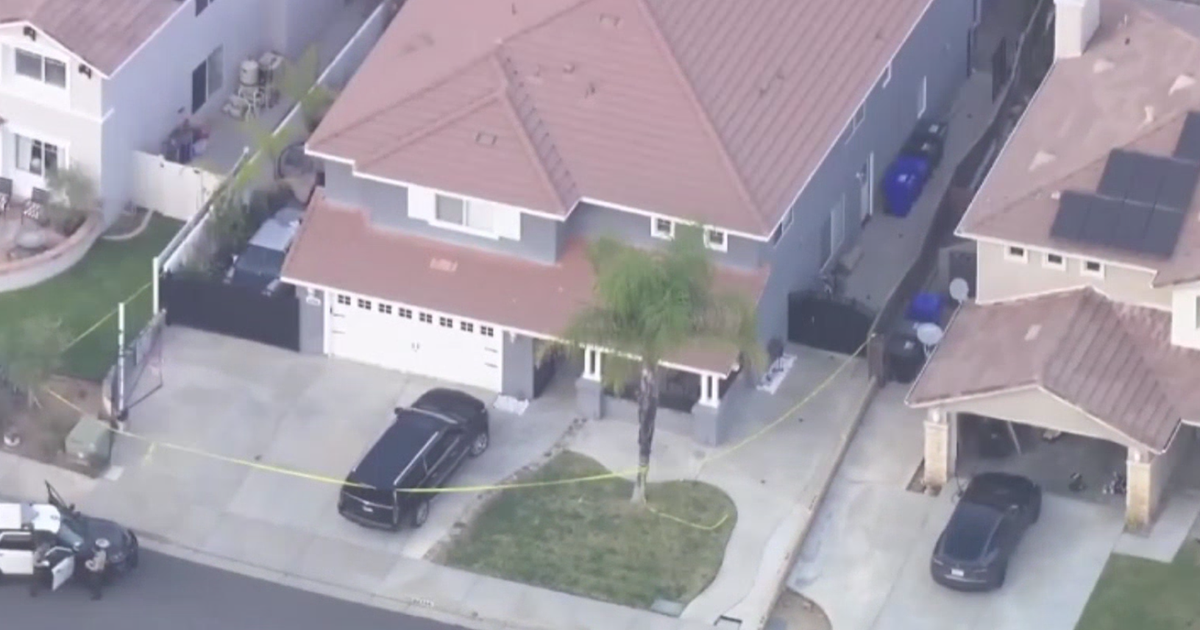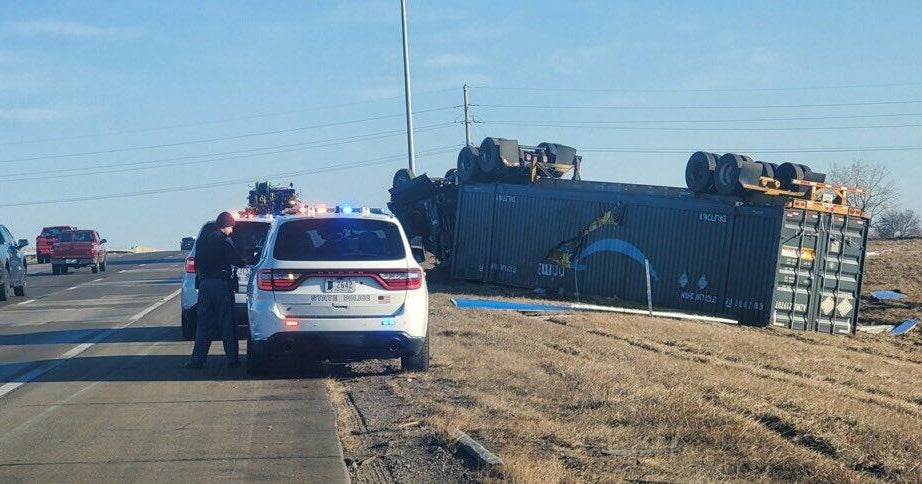Paper: Regulators Missed Chances On Pipeline Rules
SAN FRANCISCO (AP) -- Federal regulators missed at least two chances in recent years to force Pacific Gas & Electric Co. and other utilities to gather more accurate data on their natural pipelines, according to an investigation by the San Francisco Chronicle.
The Chronicle reports in its Sunday edition that the federal Pipeline and Hazardous Materials Safety Administration first considered tougher reporting rules in 2003, but then decided against the idea.
When the idea came up again in 2005, a trade organization representing PG&E opposed the expanded rules, according to the newspaper.
The issue of the accuracy of pipeline records has come to the forefront after last September's deadly pipeline explosion in San Bruno that killed eight people and destroyed dozens of homes.
Weeks after the blast, the federal pipeline agency enacted stricter rules forcing companies to report the types of techniques they were using to check their pipelines.
The stricter requirements, approved in November, but won't be imposed until next year.
A spokeswoman for the agency, Julia Valentine, said the agency had determined that regulators should conduct audits of the companies instead of having the companies report how they were conducting their checks.
PG&E has admitted in documents that its records were inaccurate, but Kirk Johnson, the utility's vice president for pipeline operations told the Chronicle that the utility maintains a detailed pipeline inspection plan.
"The regulators have the right to see it anytime they want," he told the newspaper.
He dismissed the idea that tougher reporting requirements would have lessened the chances of the San Bruno explosion.
"I don't think that has any play in what happened in San Bruno," Johnson said.
The utility declined to offer additional comment to The Associated Press on Sunday.
The report in the Chronicle comes after federal investigators said Friday they found dozens of defects and cracks in welds that held together segments of the pipe.
The decades-old welds could have failed after being weakened over the years by increases in pressure made to accommodate growing consumer demand, engineering experts who read the report told The Associated Press.
The National Transportation Safety Board previously determined the pipeline had experienced a spike in pressure just before the Sept. 9 blast in San Bruno, a quiet community south of San Francisco.
The report released Friday did not identify the cause of the explosion.
(Copyright 2011 by The Associated Press. All Rights Reserved.)







